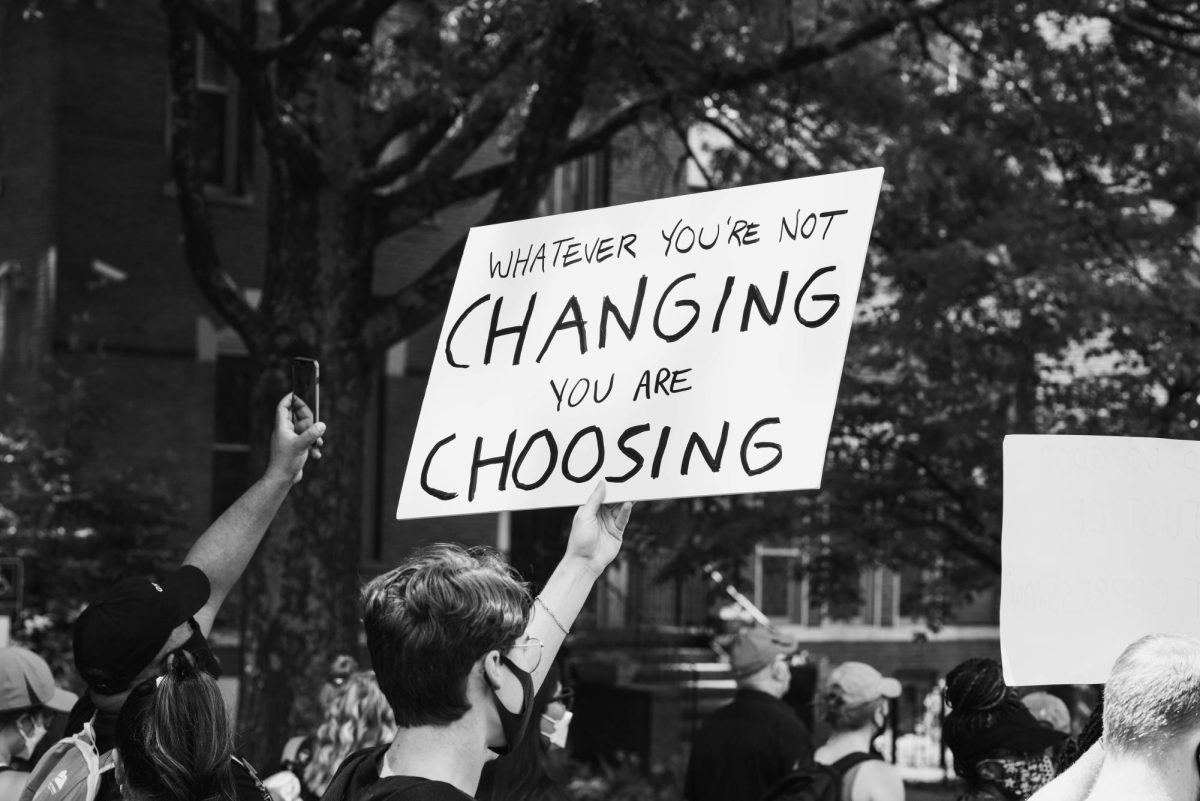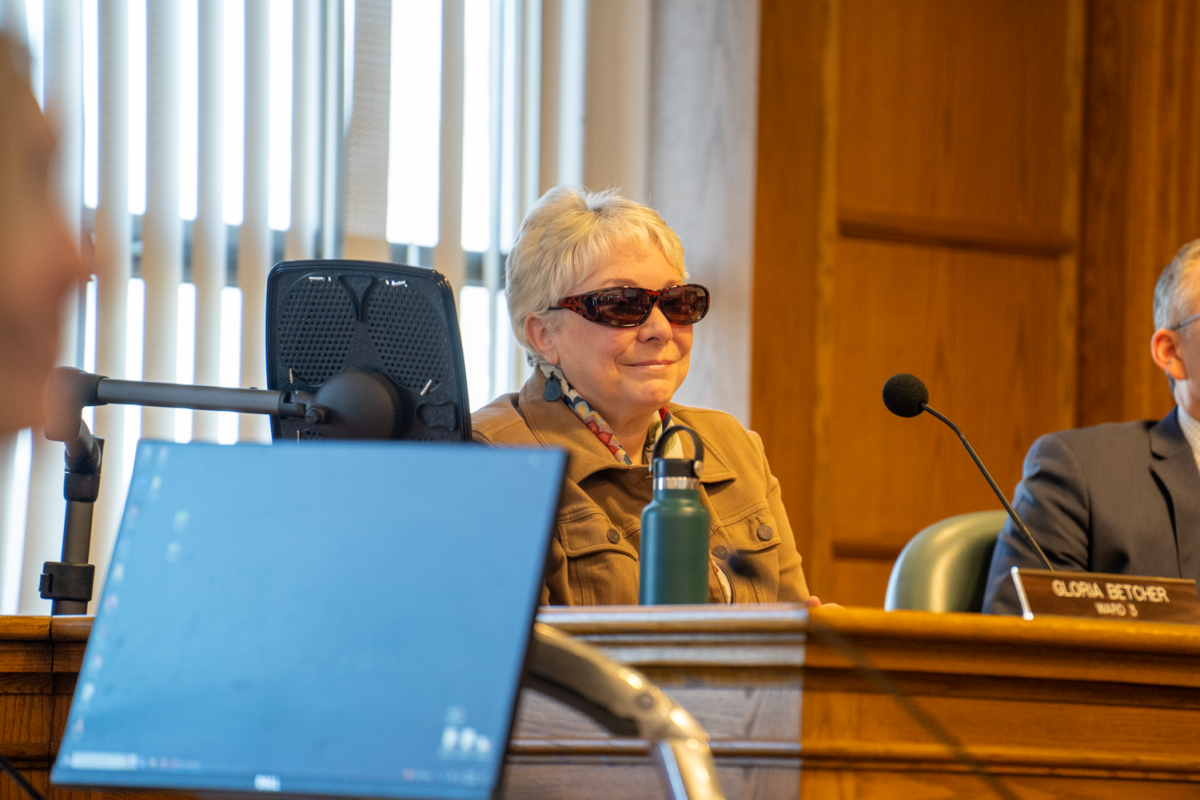Universities resort to unorthodox teaching styles
November 7, 2014
Universities like Harvard, University of Pennsylvania and Brooklyn College have all adopted unorthodox teaching methods, and we don’t just mean teaching outside or having students teach. We mean much more.
In the spring of 2015 the University of Pennsylvania’s English department will offer a course called “Wasting Time on the Internet.” The first to report on it was NowThatsCollege.com, but the rumor is in fact true. On the University of Pennsylvania’s English department site the class is in fact listed and will be taught by Kenneth Goldsmith. At first glance the course looks like an easy A and it’s tough to find any merit in that topic, but the synopsis is actually intriguing and begs some great questions.
Although the syllabus is not out yet, the course synopsis says, “What if these activities — clicking, SMSing, status-updating, and random surfing — were used as raw material for creating compelling and emotional works of literature? Could we reconstruct our autobiography using only Facebook? Could we write a great novella by plundering our Twitter feed? Could we reframe the Internet as the greatest poem ever written?”
The class looks amazingly innovative and intriguing, and quite possibly the best part of the synopsis is that “distraction, multi-tasking, and aimless drifting is mandatory.”
The next university to adopt an extremely unusual topic and strategy is Harvard University, and it’s about anal sex. Yes you heard me, Harvard. And yes, I said anal sex. Each year they hold their annual Sex Week observance, and this year there’s a new event on the lineup called “What What in the Butt: Anal Sex 101.”
The short course will be taught by local owners of an adult store who are so-called sex experts, and will hope to “cover a wide variety of topics, including: anal anatomy and the potential for pleasure for all genders; how to talk about it with a partner; basic preparation and hygiene; lubes, anal toys, and safer sex; anal penetration for beginners, and much more,” says the event agenda.
Although there has been, or probably will be, a lot of backlash to this event and this course specifically, it definitely is worth noting that someone is taking the time to educate people correctly on something that is actually relatable to that age group. People may not like it, but education in an unusual subject like this is something that should be done more and education systems should strive to make efforts such as this.
The last university on the list is Brooklyn College. NPR reported on their unusual teaching methods a while ago, but they’re worth noting and thinking about again. Adjunct Professor Brian Dunphy created the course “South Park and Political Correctness” a couple years ago in order to encourage students to participate and discuss political issues of our time.
In an interview with NPR Dunphy said, “I found through teaching over the last four or five years that the real way to reach students of this age group is to relate to them as best as possible. They relate to humor; they relate to political correctness- because they’re so aware of it.”
It’s nice to hear about a professor finally listening and adapting to his students and allowing them to thrive the best ways they know how. He goes on to note that not only can discussing political issues be boring, but also it can be awkward when students are worried about offending other people. So by using one of the most offensive cartoons ever made as a starting point, he is able to get the most awkward and offensive parts out of the way so that real Socratic discussion can occur. He is absolutely right because if you ever notice in a discussion, most people are waiting for someone else to say what they really want to. Or they’re waiting for someone else to ask a question because they don’t want to look stupid. By using the show as that factor that everyone is hoping for, it has to be one of the most effective ways to spark actual discussion on current issues.
While these topics and methods may seem unorthodox, the fact that they’re challenging the grain of education is valiant in itself. Being able to spark real and relatable discussion, find logic alternatives to societal issues like teenage pregnancy, and find the educational value in mundane Internet activities is not silly, but rather it is what all universities should be doing. The world, like the Internet, is an ever-changing place and to deny change is to deny real learning.















